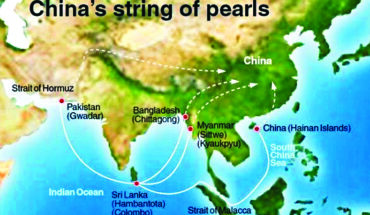The recent World Economic Outlook from the International Monetary Fund (IMF) offers both encouraging news and warnings for the global economy. While a much-feared global recession has been averted and inflation is moderating, challenges persist, particularly with food prices and high services inflation in emerging economies. In the short term, the global growth outlook remains stable, with the U.S. outperforming initial growth projections for 2023, offsetting slower growth in some European nations.
Although economic strains are visible in regions like West Asia, sub-Saharan Africa, and Central Asia due to conflicts, emerging Asian economies, notably China and India, are bolstered by public investments, mitigating the overall impact. For India, the IMF forecasts steady growth at 7 per cent for 2024-25, slightly moderating to 6.5 per cent in subsequent years. The report links this softening to the gradual exhaustion of the “pent-up demand” that fueled the post-pandemic rebound. This trend is evident in declining sales of cars and consumer goods, particularly in urban centres. However, a robust monsoon and improving rural incomes could potentially strengthen demand in the near term, though these factors are not guaranteed to sustain momentum.
A longer-term concern raised by the IMF is the global growth forecast of a “mediocre” 3.1 per cent over the next five years, marking a decline from pre-pandemic trends. Amid rising protectionist policies, India’s economic trajectory may increasingly rely on domestic demand. To capitalise on this, both central and state policymakers must focus on accelerating reforms. The IMF has recommended making India more accessible to global trade and investment by reducing import tariffs and FDI restrictions, alongside “ambitious” domestic reforms to boost competition and private investments. For India, these measures could be important in sustaining growth amid an increasingly uncertain global economic landscape.






